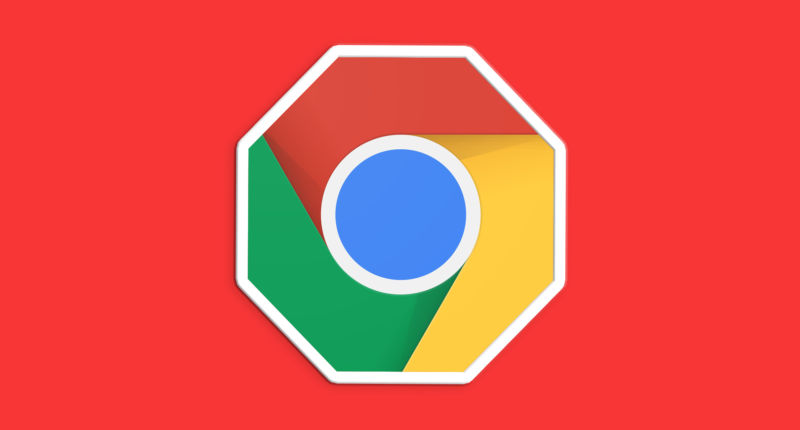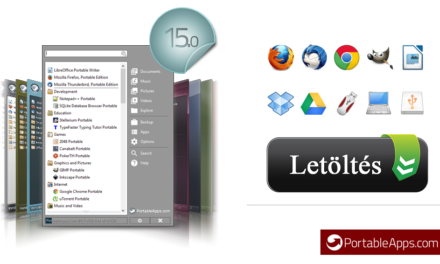
Opera says (also) Chrome's ad blocker is very lame

Opera is one in a blog post is thoroughly stabbed by the search giant, but others say blocking based on the Better Ads Standards collection isn’t effective enough either. There are also security gaps.

The question is, how does Opera “stab” Google? By the time this “big vest” is put, why do they think their own solution is better? This will also be examined in the following.
As you know, it is equipped with the first integrated ad blocker Opera it was launched nearly two years ago, and the service has since undergone a number of major and minor updates. Despite all this, the feature isn't turned on at the factory yet, and at this point we can spot the first difference right away, since Chrome launches "missiles" by default. Perhaps more importantly, the latter will only work on sites that did not follow the deadline after the grace period expired. Better Ads specifications. Here, then, let's stop right away for the duration of a paragraph.
contents show
Better ads?
First of all, we clarify how, but most importantly, why the above-mentioned standard was born. The main criterion was to strike a balance, meaning that the role of goat and cabbage is played by content providers and content consumers. Google has seen the golden mean in the Better Ads Experience program developed by the Coalition for Better Ads (CBA). The Better Ads Standards (BAS) recorded here are essentially a set of rules that are checked by the browser. Let's take a few examples of what's up on the sieve based on the criteria system:
- pop-up ads
- video ads that start automatically with sound
- full-page promotions that obscure content
So BAS doesn’t want to radically eliminate ads, but rather seeks to regulate them. In contrast, Opera simply uses the EasyList filter list, which is supplemented by EasyPrivacy and NoCoin (more on this below) - you can use even more filters or external lists to remove ads if needed. After clarifying the technical basics, let’s look at what’s alive.
Another counter-opinion
Published by Adblock Plus developers from analysis Google Chrome's ad filter is found to be very inefficient, with just 55 out of 9 different ad types. We don’t think the browser is at fault, it’s not actually the ball bouncing in his half, the focus is more on the criteria set by the CBA. By the way, quite a bit is known about the latter, it is certain that it was created taking into account the feedback of more than 25 thousand users, as well as ads appearing in both desktop and mobile browsers - and the basic concept is outlined above. It's all nice and good, but it's very difficult to judge exactly when an ad is disturbing, so obviously there are more shaky points in the CBA rules:
Undoubtedly, there are users for whom they already cross the stimulus threshold, while the CBA says such ads are in the affordable category.
Slow and… "does not protect against"
Opera has fifteen popular websites (bloomberg.com, cbc.ca, cbsnews.com, cnbc.com, cnn.com, forbes.com, indianexpress.com, news.com.au, news.google.com, newsnow.co. uk, nypost.com, theguardian.com, thehill.com, wunderground.com, reddit.com.) aggregated the average load time, the result speaks for itself here as well.
In addition to poorer performance, there is another issue, Chrome does not use the NoCoin filter list. Recent surveys show an amazing increase in the number of malicious websites that use the resources of visitors ’computers to generate virtual currency. NoCoin offers a solution against this, and Opera has accordingly made protection available in both its desktop and mobile browsers, meaning that the two do not fall into the same weight group in terms of security.
But why block?
While in 2011 the average size of websites was 929 KByte, today that number has reached 3 MB, according to Speedcurve. Next year, we may be able to exceed 4 MB, which is partly due to the fact that advertisers do not pay enough attention to keep the resources of as few ads as possible. By definition, as the size of websites increases, so does load time, and obviously no one wants that.
 Of course, the traffic comes largely from images, videos, and style sheets.
Of course, the traffic comes largely from images, videos, and style sheets.
Because of the former, more and more people are using ad blockers, and in the U.S., that rate is likely to reach 30 percent this year - it’s now coming from eMarketer. Without fortune-telling, we can predict that this number will continue to grow in the future, with Opera experiencing a jump of a similar scale (30%) over the past good half-year.
It also seems to be outlined that ad filters must also provide a kind of line of defense; the spread of malicious websites can be pumped like never before by the digital money-making fever. In our opinion, the role of blockers may become more and more important at this point, so it will be far less that the browser will filter out a few unsolicited advertisements.
What do you think of this feature of Google Chrome? Are you happy with it or are you left with an alternative solution? Do you use an ad blocker at all?
Source: Opera, eMarket, Speedcurve, Google, betterads
















